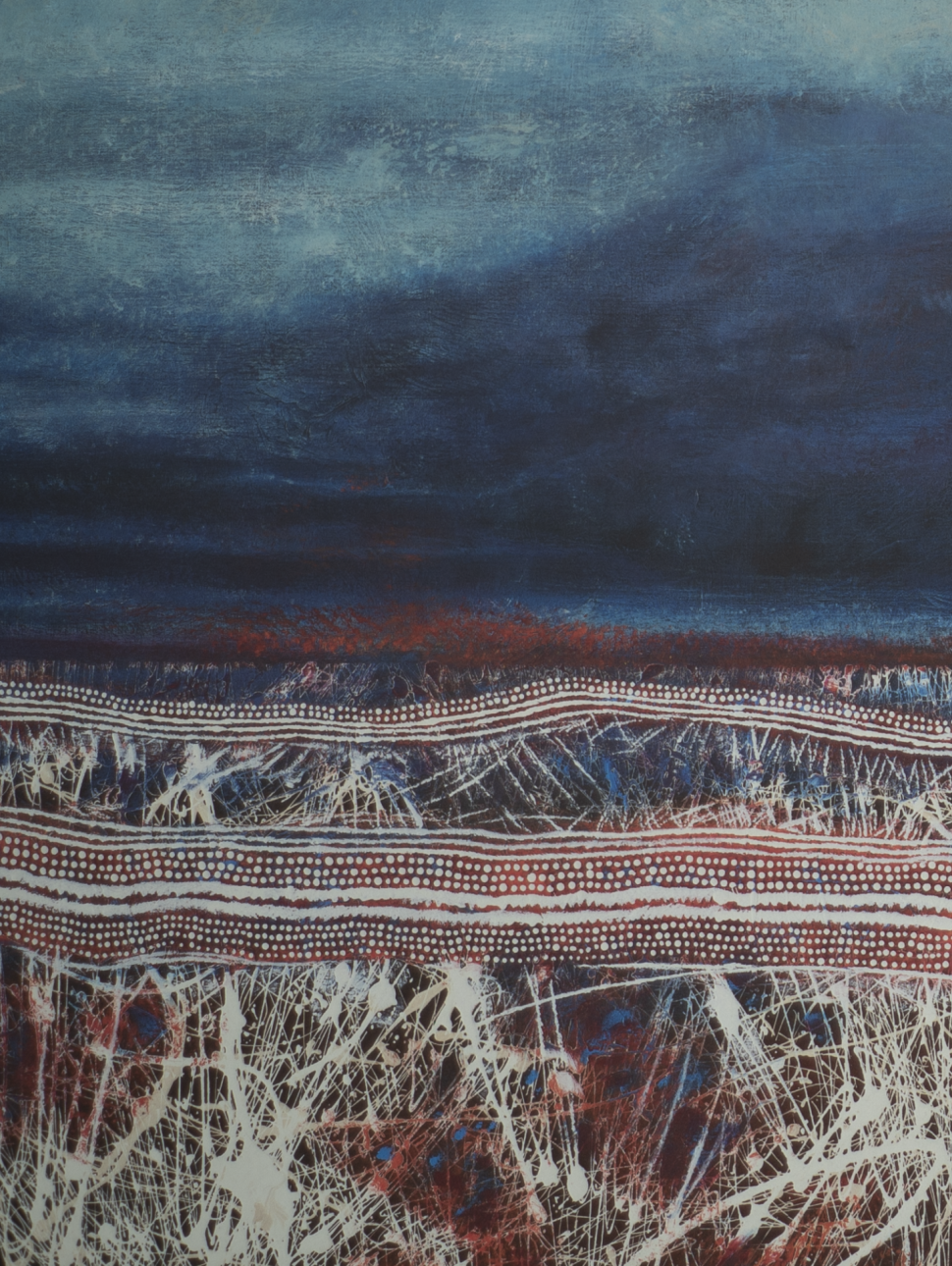
Climate Change and Global Indigenous Psychology
Standard | $15
Concession | $10
Membership
Friend Members receive 15% off ticket pricing for this event.
Site access information
WA Museum Boola Bardip is fully accessible. Call 1300 134 081 for assistance. Accessible resources and programs >
This presentation will delve into how climate change affects mental health, especially for First Nations peoples, whose lives are deeply intertwined with the land.
It will explore the environmental determinants of health, showing that natural disasters linked to climate change, such as droughts or floods, damage ecosystems and disrupt social and emotional wellbeing (SEWB).
The talk will highlight how Indigenous knowledge—built on holistic and collective practices—focuses on caring for Country, emphasising that a strong connection to the land nurtures wellbeing. When these connections are disturbed, mental health challenges like anxiety, depression, and even suicide rates increase.
By drawing on First Nations knowledge systems, cultural practices, and research methods, this presentation will showcase how climate adaptation and mitigation strategies that respect and integrate Indigenous knowledge and practices can help sustain wellbeing. It will demonstrate how restorative justice is necessary for communities to thrive in the face of climate challenges.
Presenting partners
This event is presented by Australian National University, The Centre of Best Practice in Aboriginal & Torres Strait Islander Suicide Prevention and Transforming Indigenous Mental Health and Wellbeing.
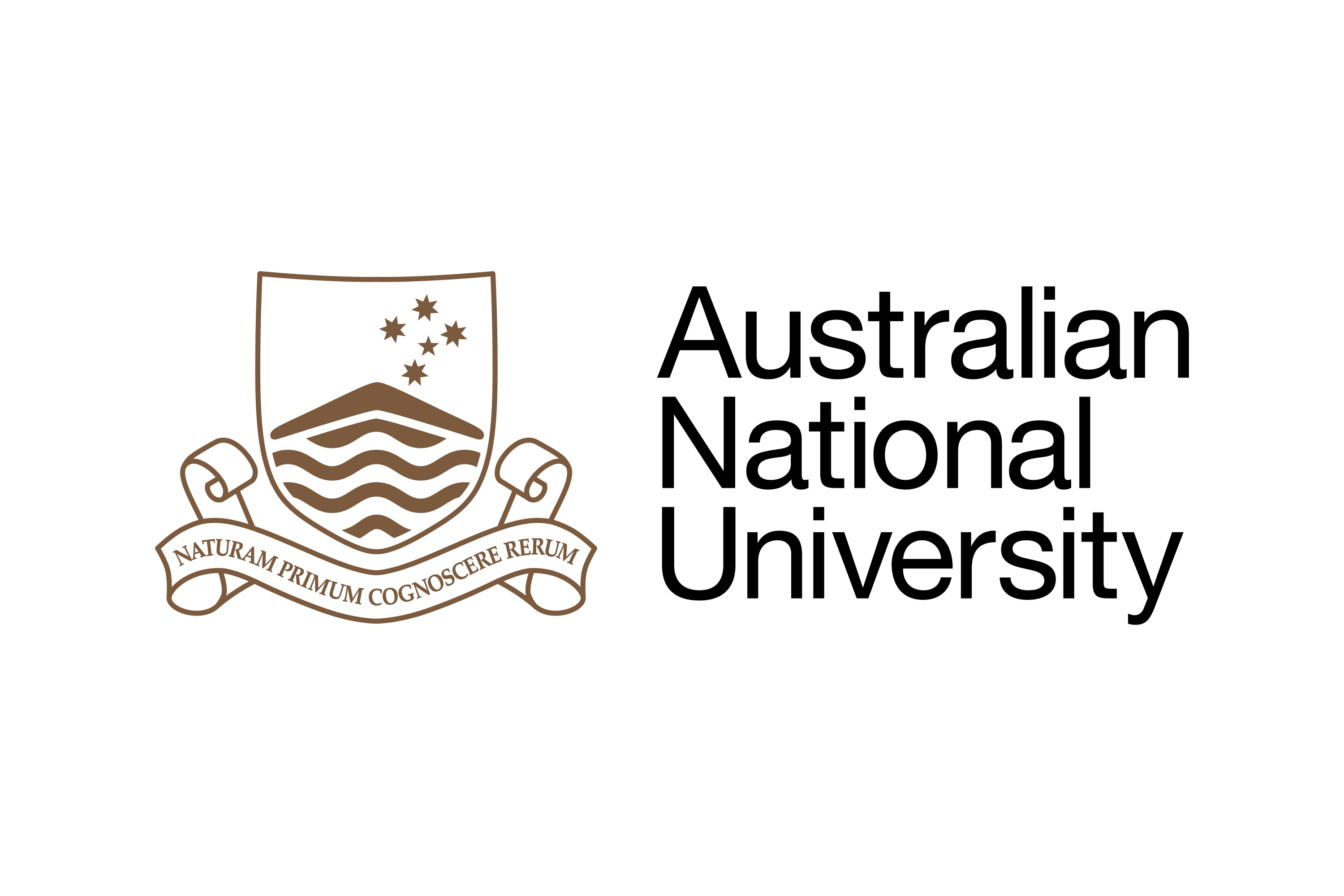
|

|
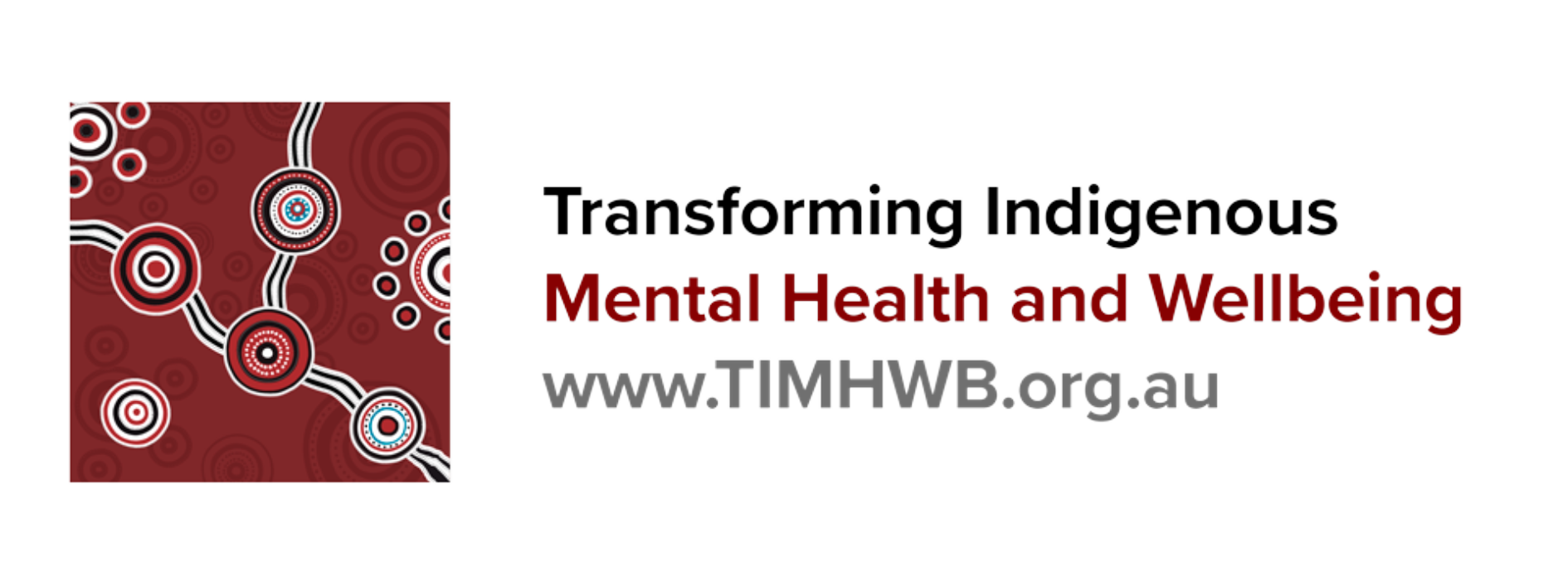
|
Meet our facilitators
Professor Pat Dudgeon
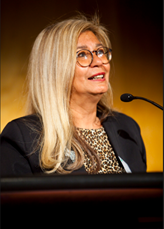
Facilitator, Professor Pat Dudgeon AM is a Bardi woman and was the first Aboriginal psychologist. She is currently a Professor at the School of Indigenous Studies at the University of Western Australia, Director of the Centre of Best Practice in Aboriginal and Torres Strait Islander Suicide Prevention, Lead Investigator of Transforming Indigenous Mental Health and Wellbeing, and Co-Chair of the Social and Emotional Wellbeing Policy Partnership under Closing the Gap (CTG). Her research record showcases extensive skill and capacity in community engagement and cultural empowerment, as evidenced by her international, multidisciplinary engagements that implement transformative methods and change in the areas of psychology and SEWB. Foremost in Dudgeon’s achievements is the National Empowerment Project, the Aboriginal and Torres Strait Islander Suicide Prevention Evaluation Project, and the groundbreaking model of SEWB which has been included in the National Strategic Framework for Aboriginal Peoples’ Mental Health and SEWB (MH&SEWB Framework, 2017-2023), and the National Aboriginal Health Plan (2021–2031), and has been instrumental in the inclusion of SEWB/suicide prevention as a target/outcome in the National Agreement on CTG. Dudgeon was a founding member of the Australian Indigenous Psychologists Association and Gayaa Dhuwi (Proud Spirit) Australia. Her extensive accolades include Commissioner for the National Mental Health Commission 2012-2017, 2021 election as Fellow of the Australian Academy of Health and Medical Sciences, and 2023 Order of Australia membership, for significant service to Indigenous mental health, wellbeing, and education.
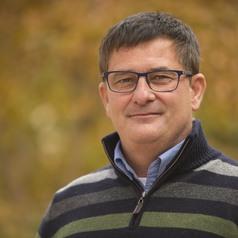
Facilitator, Dr Stewart Sutherland is a Wiradjuri man, born and raised in Wellington, NSW, in the heart of Wiradjuri country. With over 20 years of experience in Indigenous health, his work has increasingly focused on identity, culture, environment, and mental health, with a particular emphasis on the Social and Emotional Wellbeing (SEWB) of the Stolen Generations and others forcibly removed from their families. Sutherland completed his PhD at the Australian National University (ANU) in Canberra, where his research explored the interplay between reconciliation (apology) and the social and emotional wellbeing of individuals impacted by forced removal. He currently serves as a Senior Lecturer in Aboriginal and Torres Strait Islander Health at the ANU School of Medicine, where he is committed to building upon the work of those who came before him. His efforts ensure that Indigenous health and Indigenous people are at the core of the medical curriculum and the school’s broader mission.
Meet our speakers
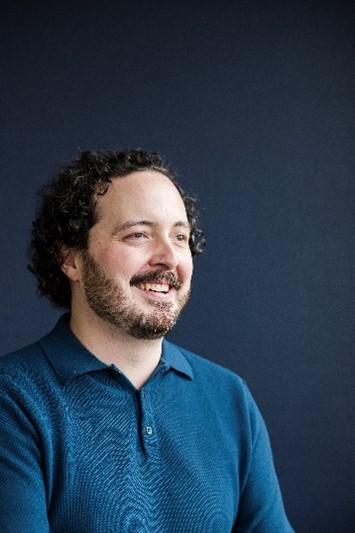
Professor Jeffrey Ansloos is a citizen of Fisher River Cree Nation (Ochekwi-Sipi; Treaty 5) born and raised in Treaty 1 territory (Winnipeg, Manitoba) and now resides in Toronto (Tkaranto). He is an Associate Professor of Indigenous Health and Social Policy and the Canada Research Chair in Indigenous Studies in Health, Suicide Studies, and Environmental Justice at the Ontario Institute for Studies in Education at the University of Toronto. Ansloos' research and teaching focus on the affective, socioecological, and political dimensions of health, suicide studies, youth and community mental health, and feminist, queer, anticolonial, and abolitionist methodologies. He is also deeply engaged in land and community education. He serves as the founding director of the Critical Health and Social Action Lab, a CFI-funded innovation and research centre advancing health justice with Indigenous communities. A registered psychologist, Ansloos serves as Chair of the Counselling and Clinical Psychology programs in Applied Psychology and Human Development, with cross-appointments in Psychiatry at the Temerty Faculty of Medicine and affiliations with the School of Cities and the Waakebiness Institute for Indigenous Health at Dalla Lana School of Public Health. He is also a board member of the Canadian Association for Suicide Prevention and a fellow of the Royal Society of Canada, College of New Scholars, Artists, and Scientists, as well as the United Nations Alliance of Civilizations and the Broadbent Institute, Canada’s leading progressive political institute.
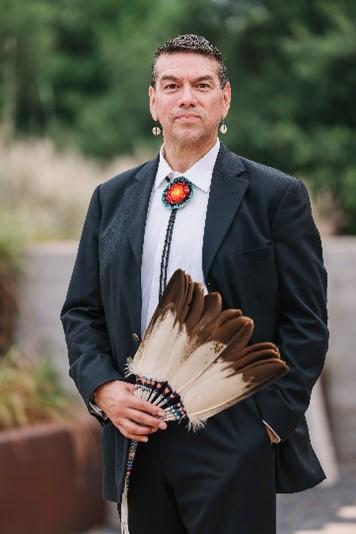
Dr Mark Standing Eagle Baez Ph.D., LSP, LADC, CCBT, MA/MS is a descendant of the Mohawk and Pawnee people and a member of the Tap Pilam Coahuiltecan (Mission Indian) Nation and from the Auteca Paguame (Water-Bird) Clan. Dr. Baez is trained as a general psychologist focusing on clients dealing with emotional, cognitive, and behavioural problems of all ages and in various circumstances and mental behaviours. He is clinically trained as a licensed school psychologist and licensed alcohol and drug counsellor, incorporating culturally responsive methods into his services. In his practice, he finds that weaving in Traditional methodologies is vital in working with marginalized populations across Indigenous Country. He has developed a culturally responsive approach called the ‘Sweetgrass Method,’ which focuses on weaving Western approaches and cultural methodologies for the clients into his practice among Tribal communities across Indian country. He is the President-elect of the Society of Indian Psychologists, an Assistant Professor in the clinical & counselling program at Bemidji State University, and has a small private practice. Dr. Baez mentors graduate and undergraduate AI/AN students majoring in Psychology. Dr. Baez is a member of the American Psychological Association, the National Association of School Psychologists, and the National Association of Addiction Professions. In addition to these roles, Dr. Baez is a published author and a national speaker.
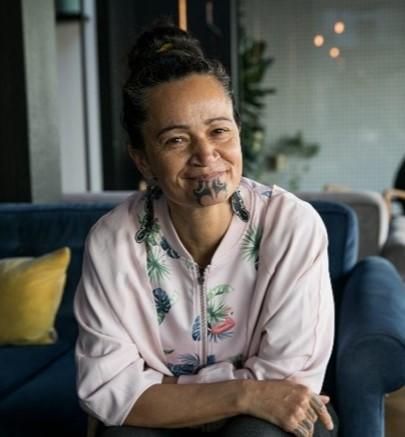
Professor Waikaremoana Waitoki is of Māori descent, affiliated with Ngāti Hako and Ngāti Māhanga iwi. She is an Associate Professor in Te Pua Wānanga ki te Ao Faculty of Māori and Indigenous Studies, where her research interests include mātauranga Māori, health/hauora, Māori wellbeing, and the social determinants of health. A clinical psychologist, her work focuses on Kaupapa Māori psychology, adult and child/adolescent mental health, supervision, accreditation, and curriculum development. She has held several significant leadership roles, including serving as President of the New Zealand Psychological Society, as Bicultural Director of the Society, and as board member of the New Zealand Psychologists Board. Dr Waitoki was instrumental in establishing He Paiaka Totara, the Māori Psychologists Network. Her work extends to the Suicide Prevention Office as an advisory member and the Film and Literature Classifications Review Board. In recognition of her contributions to psychology and Te Ao Māori, Waikaremoana was awarded the Te Puāwaitanga Research Excellence Award in 2022 by the Royal Society Te Apārangi for her work in "indigenising the psychology profession." She is also a fellow of the New Zealand Psychological Society, reflecting her dedication to advancing the role of Indigenous knowledge in psychology.
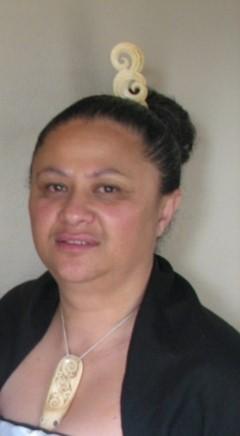
Dr Hukarere Valentine is a Senior Māori Clinical Psychologist at Massey University, Palmerston North. She is also co-director of the Centre for Indigenous Psychologies at Massey University, Manawatū Campus, and the Bicultural Director for the New Zealand Psychological Society. In addition to these leadership roles, Dr Valentine works within the Massey Psychology Clinic engaging predominantly with Māori clients and their families who have chronic health conditions and/or cancer. Dr Valentine’s passion lies in utilising Māori approaches to psychological wellbeing with a particular focus on wairua (Māori spirituality). She has experience in forensics, mental health, research, clinical and cultural supervision, training and Māori health.